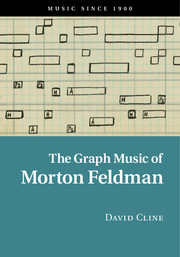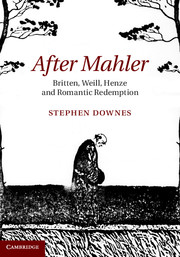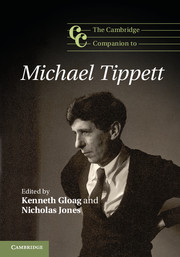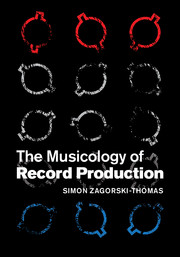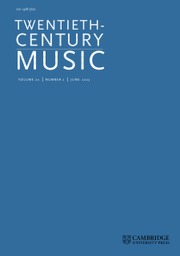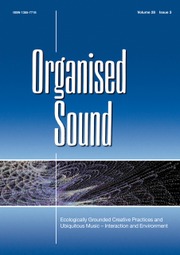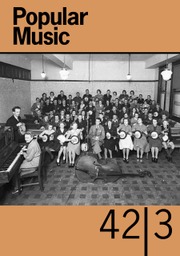The Graph Music of Morton Feldman
Part of Music since 1900
- Author: David Cline
- Date Published: May 2016
- availability: Available
- format: Hardback
- isbn: 9781107109230
Hardback
Other available formats:
Paperback, eBook
Looking for an inspection copy?
This title is not currently available on inspection
-
Morton Feldman is widely regarded as one of America's greatest composers. His music is famously idiosyncratic, but, in many cases, the way he presented it is also unusual because, in the 1950s and 1960s, he often composed in non-standard musical notations, including a groundbreaking variety on graph paper that facilitated deliberately imprecise specifications of pitch and, at times, other musical parameters. Feldman used this notation, intermittently, over seventeen years, producing numerous graph works that invite analysis as an evolving series. Taking this approach, David Cline marshals a wide range of source materials - many previously unpublished - in clarifying the ideology, organisation and generative history of these graphs and their formative role in the chronicle of post-war music. This assists in pinpointing connections with Feldman's compositions in other formats, works by other composers, notably John Cage, and contemporary currents in painting. Performance practice is examined through analysis of Feldman's non-notated preferences and David Tudor's celebrated interpretations.
Read more- Shines light on Feldman's ideology and compositional techniques, reproducing previously unpublished items
- Examines the influence of contemporary currents in painting upon Feldman, focusing on the work of Jackson Pollock and Robert Rauschenberg
- Offers an extended case study in musical indeterminacy, including an in-depth study of David Tudor's performances
Customer reviews
Not yet reviewed
Be the first to review
Review was not posted due to profanity
×Product details
- Date Published: May 2016
- format: Hardback
- isbn: 9781107109230
- length: 410 pages
- dimensions: 253 x 180 x 23 mm
- weight: 0.95kg
- contains: 15 b/w illus. 14 tables 100 music examples
- availability: Available
Table of Contents
Introduction
1. Early graphs, 1950–3
2. Later graphs, 1958–67
3. Notation
4. Ideology
5. Holism
6. Compositional methods I
7. Compositional methods II
8. Non-notated preferences
9. Tudor's performances
10. Connections with works in other notations
11. Moving on
Epilogue
Appendix 1. Two unpublished graphs
Appendix 2. Other perspectives on compositional methods.
Sorry, this resource is locked
Please register or sign in to request access. If you are having problems accessing these resources please email [email protected]
Register Sign in» Proceed
You are now leaving the Cambridge University Press website. Your eBook purchase and download will be completed by our partner www.ebooks.com. Please see the permission section of the www.ebooks.com catalogue page for details of the print & copy limits on our eBooks.
Continue ×Are you sure you want to delete your account?
This cannot be undone.
Thank you for your feedback which will help us improve our service.
If you requested a response, we will make sure to get back to you shortly.
×
